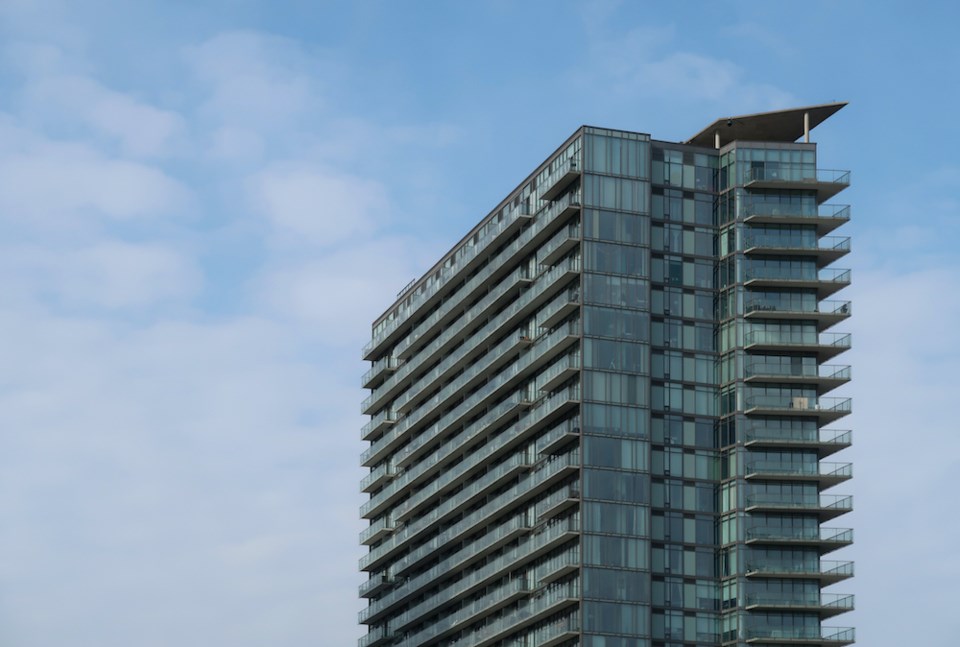Evidently, an overwhelming majority of Vancouverites feel that the city doesn’t offer enough housing options.
Many others want purpose-built rentals to be council’s development priority. Some worry the Broadway transit expansion will displace thousands of renters, while at least one person out there doesn’t trust developers.
These were just a handful of the frustrations expressed over the course of a two-hour, townhall-format Zoom meeting held April 25 and organized by A Better City Couns. Sarah Kirby-Yung, Lisa Dominato and Sarah Bligh.
The central tenets of the meeting were housing, housing affordability, rental capacity and ways to get out of the colossal mess those issues have become.
The three incumbents were flanked by a pair of developers – laneway home guru Jake Fry and East Side boutique developer Jordan MacDonald – alongside architect and urban planner Mary Pynenburg.
The meeting format centred around a handful of poll questions; the responses then served as a springboard for debate among the panellists and online viewers.
The first substantive question of the evening asked participants: “Does Vancouver have enough housing options or different housing choices?” To the surprise of very few, 83 per cent of respondents said no.
'Regulating into disfunction'
To this question and others, both Fry and MacDonald suggested dealing with city hall is oftentimes a protracted nightmare: lengthy wait times to get permits, bylaw regulations that conflict between departments and having to adhere to antiquated rules that need both updating and streamlining.
It’s a process Fry described as “regulating into disfunction.” His main talking point was to unlock the potential in single-family lots, where upwards of 10 or 12 people could live on a piece of land rather than two or three.
“We have an environment which is very protective, very regulatory and it’s been this way for the last five decades,” Fry said. “It’s a very entrenched position.”
There was little pushback from the councillors on many of those claims, with Kirby-Yung suggesting, “the era of the single-family home is behind us.”
Of all those who spoke, Pynenburg’s words seemed to carry the most weight. Her career has seen stints working in both the private and public sectors, where she served in planning departments in New Westminster and Kelowna.
Her list of potential improvements for city staff and their internal processes were many: use plain language in planning documents; move away from renderings with boxes illustrating what a building will look like and instead use actual pictures; engage developers early in the process to gauge a project’s feasibility and once a successful development gets approved, use it as a template for future developments to replicate and bolster buy-in from the neighbourhood.
Pynenburg also suggested the need for a central highlight of a development to be identified early on in the game and then making that the priority. If a development is focused on greenspace, for example, make that greenspace the priority in renderings and planning documents and then base the rest of the project around that feature.
Her most-often used word of the night was “pragmatic.”
“People are always wanting to have a perfect situation where you get 100 per cent of everything 100 per cent of the time and that’s just not possible,” she said. “You really have to be pragmatic. My rule of thumb is I’d like to get 80 per cent of something, because it’s much better than getting 100 per cent of zero.”
What kind of housing do Vancouver residents want most?
On the question of the types of housing needed, 64 per cent said more purpose-built rental needs be built, followed by townhouses/row homes and co-ops.
MacDonald noted that some redevelopments require significant, added density to incentivize homeowners to sell and alleviate risk for bank lenders. The longer the process of vetting and approval goes, the higher the risk that a project fails.
“The challenge becomes that the single-family homes have such a high price to them, that it doesn’t make sense to redevelop them into townhomes,” he said. “You need to find really large lots with basically a tear-down house on it to make sense of it.”
On the affordability question, respondents were asked what the city can do to make housing more affordable: 32 per cent said simplify regulations, followed by speed up approvals (28 per cent) and approve more supply (24 per cent).
“It’s creating inertia,” Kirby-Yung said of the city’s housing regulations. “The staff are almost frozen because one policy conflicts with another and that’s where developers get uncertainty because they get conflicting feedback.”
Bligh noted that the city approved a record-setting number of purpose-built rentals in 2021 while acknowledging rental vacancies are well below reasonable levels. The vacancy rate is around 1.2 per cent and has been for years.
“We seem to be sort of treading water … trying to go for maximum density when I think we need to get more creative in terms of how we actually look at the city,” Bligh said.
It’s a situation that’s created what Dominato referred to as a “missing middle,” where the middle-income earners are increasingly squeezed out of the city and move to other locations in Metro Vancouver or Vancouver Island.
“I think people have felt there are limited options,” she said.
The entire conversation can be viewed online HERE.





